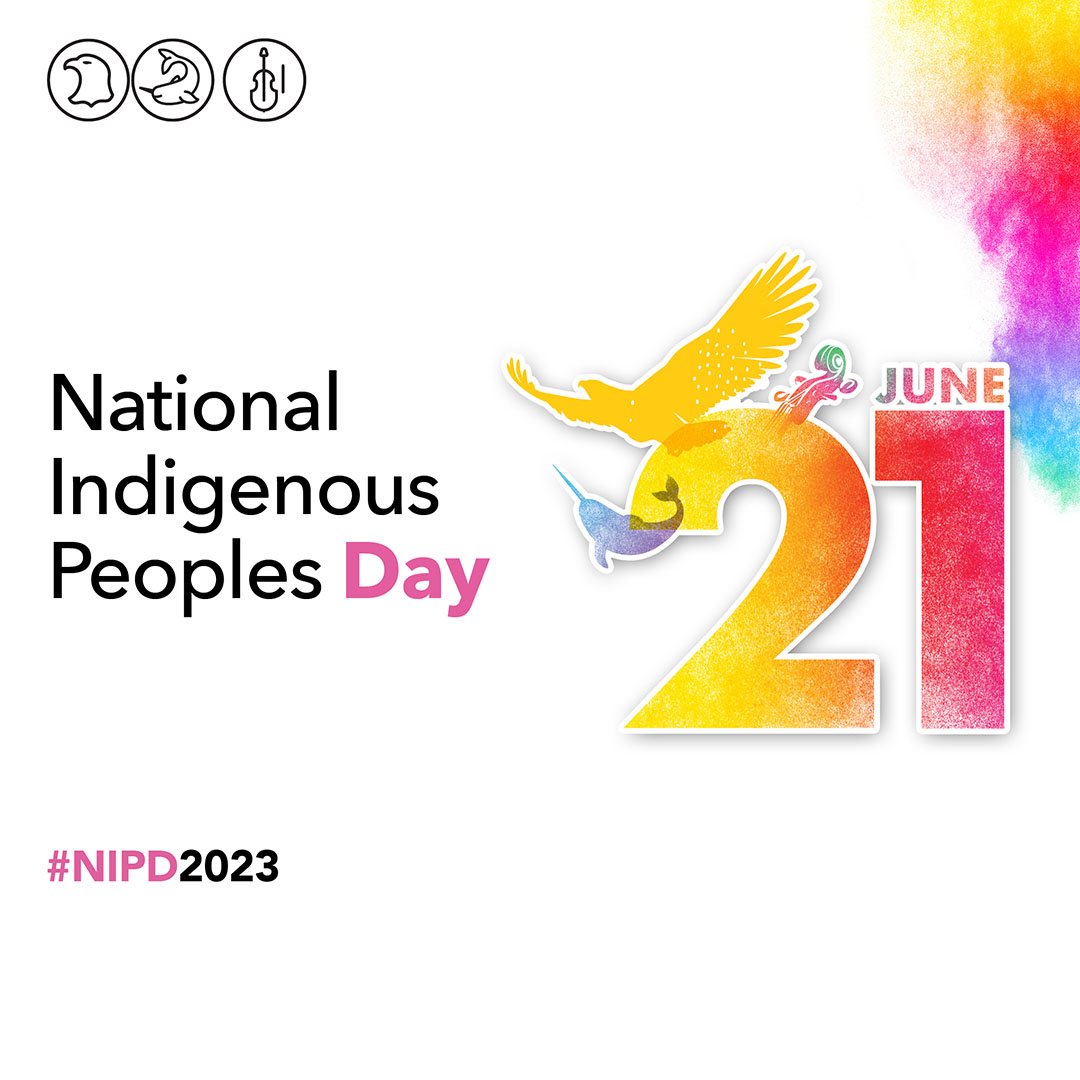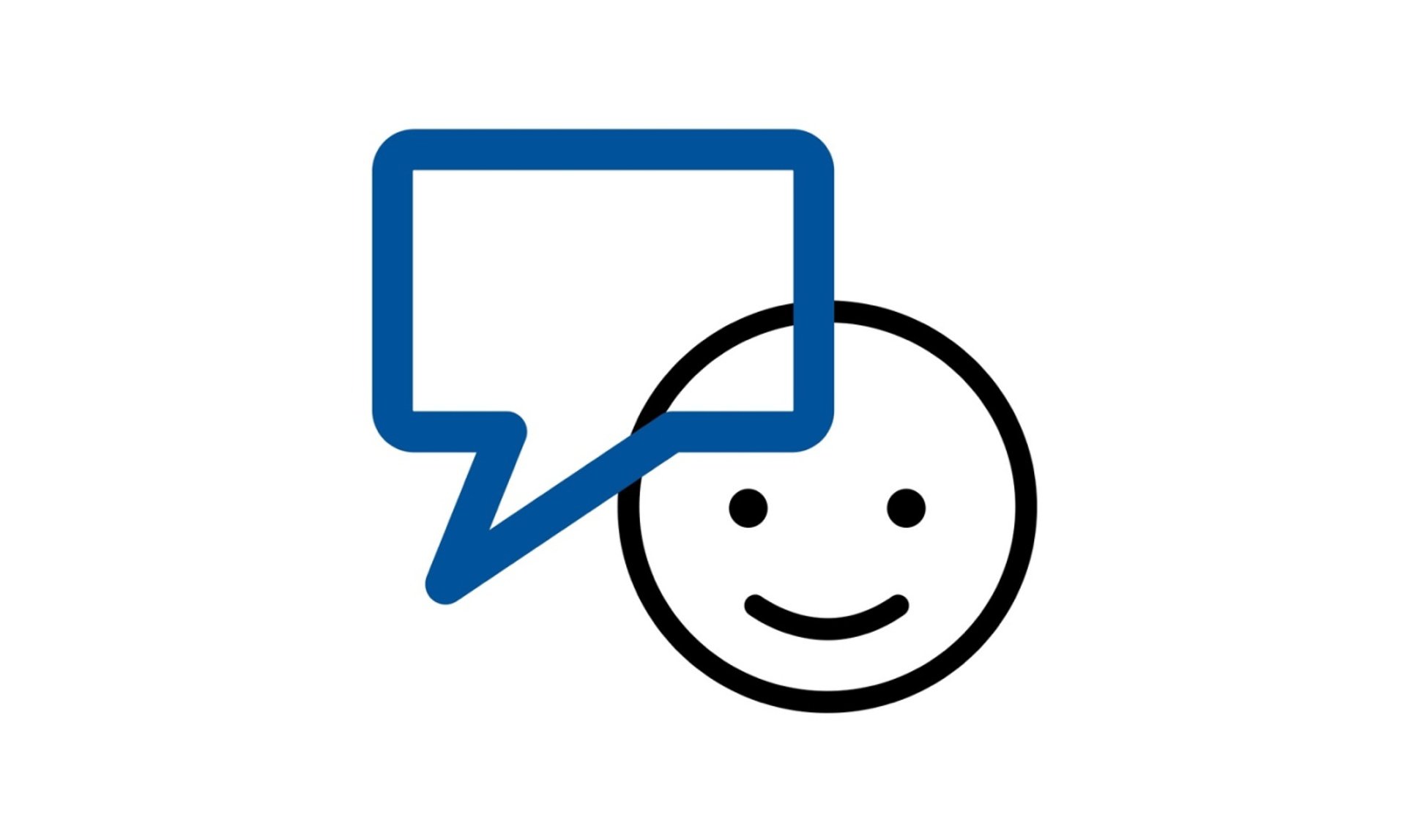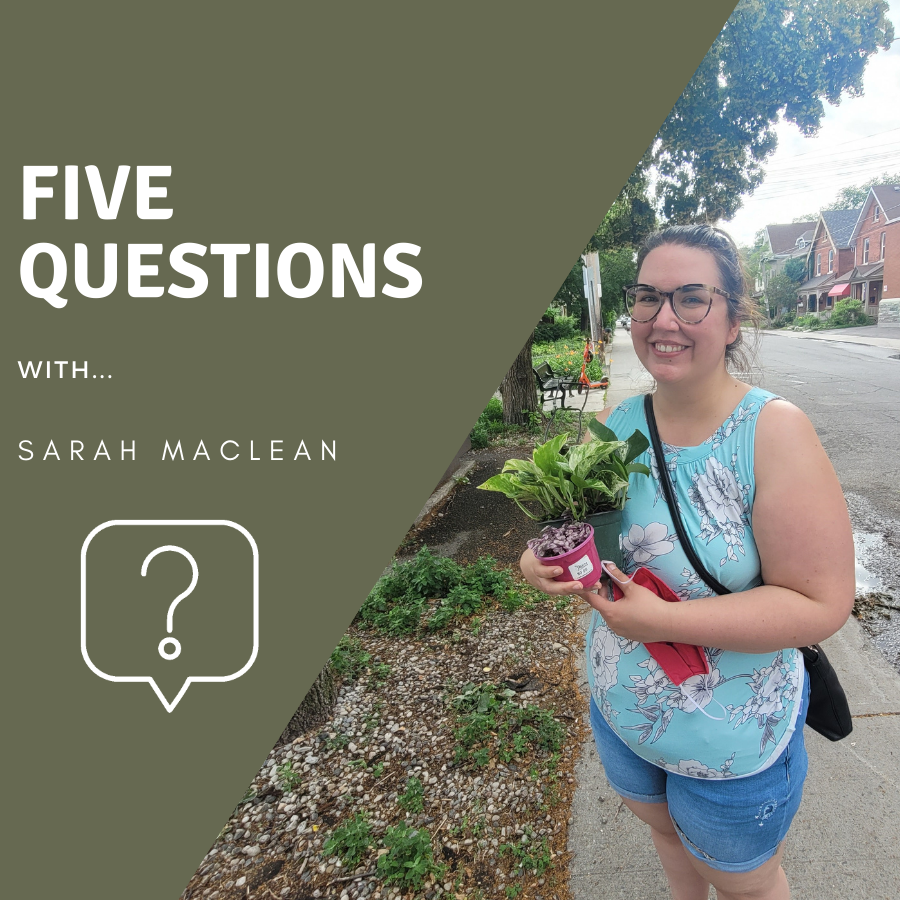Hatching Ideas Lab Blog.
The Hatching Ideas lab posts monthly blogs surrounding mental health, suicide, social vulnerability, and other similar topics. The topics discussed may prompt unwelcome reminders, and we ask our readers to use their discretion when reading. In case of an emergency, please contact your local health provider or dial emergency medical services (9-1-1).

National Indigenous People’s Day
June 21 is National Indigenous Peoples Day in Canada. This day was chosen in cooperation with Indigenous organizations because of the cultural and spiritual significance of the summer solstice for Indigenous Peoples. June 21 is a day for all Canadians to celebrate and recognize the history, unique heritages, diverse cultures and outstanding contributions and achievements of First Nations, Inuit and Metis Peoples.

Stress, Stress Go Away, Come Again Some Other Day
It’s always there, lurking in the back of our minds, we close our eyes and will it away. “Will I be able to pay this month’s bill?”, “Will I be able to meet my work deadlines?”, “Will I be able to pass all my courses?”, “Will I land this job?”, “Am I good enough?”. Turbulent questions spin in our heads, spiralling us down a rabbit hole until we are numb or break. This is stress and it affects us all in a multitude of ways.

Join the Conversation about Mental Health
By age 40, half of all Canadians will have or have had a mental illness and, in any given year, 1/5 Canadians experience mental health struggles. Youth and young adults especially struggle with their mental health, with those aged 15-24 most likely to experience mental illness and/or substance abuse problems. Similarly, nearly 40% of Ontario high-school students report moderate to severe levels of depression and/or anxiety.

Five Questions with K. Jo Wells
For this month’s “Five Questions” blog post, we talked with K. Jo Wells, a Clinical Research Coordinator with out team to learn more about her journey into mental health research. Jo came to our team earlier this year from obstetrics and gynecology and previously also worked in breast cancer research. In our lab, she is the Research Coordinator for the BEACON and ECORT studies.

"They're not 'females,' they're women." - Steps men can take to help prevent violence against women
On December 6th we observe the National Day of Remembrance and Action on Violence Against Women. We memorialize the victims of the mass shooting at École Polytechnique on December 6, 1989: Geneviève Bergeron, Hélène Colgan, Nathalie Croteau, Barbara Daigneault, Anne-Marie Edward, Maud Haviernick, Barbara Klucznik, Maryse Laganière, Maryse Leclair, Anne-Marie Lemay, Sonia Pelletier, Michèle Richard, Anne St-Arneault, and Annie Turcotte [1]. These women were murdered simply because they were women. In the perpetrator’s own words, he was “fighting feminism” [2].
We take this time to remember the victims of this attack and to commit ourselves to action. This year, I want to speak to my fellow men about the things we can do to be good allies to women.

Five Questions with Jenn Derraugh-Nelson
For this month’s “Five Questions” blog post, we sat down with Jenn Derraugh-Nelson, one of the Social Workers on our team to find out what inspires her.

Five Questions with Brooklyn Ward
For this month’s “Five Questions” blog post, we connected with Brooklyn Ward, a Clinical Research Coordinator in our lab to learn more about her and how she found her way into mental health research!
Brooklyn came to our team in the early days of the COVID-19 pandemic in 2020 and has been involved in many different projects. Most notably, she was the coordinator for our Eastern Ontario COVID-19 Community Mental Health Cohort (ECCOM) Study. In addition to the expertise that Brooklyn brings to our team, she is currently working towards her Master’s degree at Western University. Read more about our conversation with her below.

Five Questions with Sarah MacLean
As part of our “Five Questions” series, we chatted with Sarah MacLean, our lab’s Senior Clinical Research Associate, to find out why mental health is so important to her. Sarah has been with our lab since 2015 and her role has continued to evolve during that time. She has worked on the e-Therapy Study as a Research Assistant, was a Research Coordinator for the BEACON Study, and wrote grants and managed the team’s finances as a Clinical Research Associate. Now, seven years later, Sarah leads our team’s Knowledge Translation activities. If you’ve attended any events hosted by our lab, Sarah has likely been at the helm! Check out our conversation with her below!

When Depression Takes Over, Remember: Life Can Be Different
Suicide is different from other behaviors in that, normally, things have to be done many, many times before they are considered a problem. For example, if you’ve had one drunken episode in your life, that doesn’t necessarily mean you are suffering from alcoholism. But suicide is a one-time behavior, and its presence has the most severe of any outcome – cessation of life. That also means it can be a difficult behavior to intervene in because there isn’t always a history of pre-existing behavior.

Five Questions with Chloe Ahluwalia
As part of our “Five Questions” series, we hung out with Chloe Ahluwalia, a Medical Student with our lab from the University of Ottawa to find out what inspires her about mental health research.
Chloe has been working with our lab since 2020 and has provided invaluable support on our ECCOM and First Responder studies. Most recently, she has taken on a major role in a rapid review project designed to assess the impact of opioid-related harm prevention strategies. Check out our conversation with her!

Five Questions with Eileen Huang
As part of our “Five Questions” series, we chatted with Eileen Huang, a Medical Student with our lab from the University of Ottawa to find out what brought her to mental health research.
Eileen has been working with our lab since 2021 and has been involved in a wide array of projects related to the COVID-19 pandemic and first responder mental health. It’s been a pleasure to watch her grow in this role and we know that she will carry her time in our lab with her as she moves forward in her medical training.

Five Questions with Nicole Edgar
As part of our “Five Questions” series, we connected with Nicole Edgar, our Clinical Research Program Manager to learn what makes her tick!
Nicole has been a lab member since 2018 and manager since 2018. Nicole brings over 10 years of experience in clinical research related to mental health. Her passion for our work is unmatched - she is quite literally the beating heart of our team. Without Nicole, we would be in T. R. O. U. B. L. E.

Why we need to be Less Afraid of Uncomfortable Conversations: Perspectives from a Medical Student and a Crisis Line Responder
While I was doing my undergrad in Psychology at McGill, I kept noticing a need. An ever-growing need for mental health services, especially for youth, which was going unmet. While it wasn’t always explicitly said, it was always there, lingering behind every lecture, every statistic, and every treatment caveat. By the end of my degree, I felt personally obligated to help. I had been let in on the not so well kept secret, and had learned too much about the underserved needs of this population to sit back and do nothing. All those years spent learning about such profound struggles in a classroom, I felt absolutely useless. I wanted to do something proactive, I wanted to help in a concrete way. So I decided to volunteer with Kids Help Phone as a Crisis Responder.

Resurgence of Traditional Knowledge as Indigenous Futurism
This month to mark National Indigenous Peoples Day, we are lucky to be able to feature a blog post by a guest writier, Laura Gagnon. Laura is Ojibwe from Northwestern Ontario. She grew up in Thunder Bay and has lived in Ottawa for the past 10 years. She is a jingle dress dancer, a traditional hand drum singer, Indigenous model, and digital creator. She works as a Communications Advisor and hosts a live Talk show called Rezilient Talks which are held on Instagram or Tiktok live. Laura loves creative writing, as it empowers and offers an expressive outlet that both informs and educates people about the first-hand experiences of Indigenous peoples.

Five Questions with Dr. Simon Hatcher
We are starting a new blog series here at the Hatching Ideas Lab so that you can get to know us! Who are we? Why are here? What makes us tick? In each post of the “Five Questions” series profiles a different staff members by asking the the same 5 questions.
The first post of this series features Hatching Ideas Lab founder, Dr. Simon Hatcher!

When Figure Skating and Mental Health Collide: Perspectives from Olympic Silver Medalist Elizabeth Manley
Canada’s sweetheart, Elizabeth (Liz) Manley, is a decorated figure skater – she is a 1988 Olympic silver medalist, a 3-time Canadian champion, and inductee in the Canada Sports Hall of Fame. Throughout her skating career, Liz has publicly shared her difficult journey with mental health, and she is now using this personal experience to advocate for mental health.

International Women’s Day: Levelling the Playing Field
Today, March 8th, is International Women’s Day (IWD), a day to recognize and celebrate the economic, cultural, social, and political achievements of women and girls. It serves as a reminder of the progress made towards gender equality, and the work that remains to be done. “Today, International Women's Day is a day of unity, celebration, reflection, advocacy, and action and is celebrated in many countries worldwide.”

The Productivity of Anger: National Day of Remembrance and Action on Violence Against Women
In Canada, today marks the National Day of Remembrance and Action on Violence Against Women. It has been 32 years since the mass shooting at l‘École polytechnique de Montréal where 14 women were murdered simply for being women. Today, “we mourn their loss and remember their lives, we reaffirm our commitment to fight the hatred that led to this tragedy, and the misogyny that still exists today”

“Changing the Face of Men’s Health”: Breaking Down Stigma One Moustache at a Time
“Changing the Face of Men’s Health” – this is a familiar call to action, one that has gained popularity since the launch of the Movember movement in 2003[1].
The Movember mandate is simple – grow a moustache and raise awareness and money for three important health issues that impact men: prostate cancer, testicular cancer, and mental health/suicide prevention.
Started by Australia’s Travis Garone and Luke Slattery, Movember has grown from 30 donors in 2003 to over 6 million in 2020, and has collectively has raised over $1 billion. That’s a lot of zeros!

Challenging Vulnerability: Institutional Stigma and Ethical Considerations in Clinical Research
In recognition of Mental Illness Awareness Week, which highlights the importance of advocating for those with mental illness, it is crucial to revisit the conversation of how we view individuals will mental illness and their participation in research. Those of us who work in research know the importance of the ethical guidelines that govern our work. These ethical policies serve to guide institutions and investigators on conducting high quality research while protecting the rights of research participants.